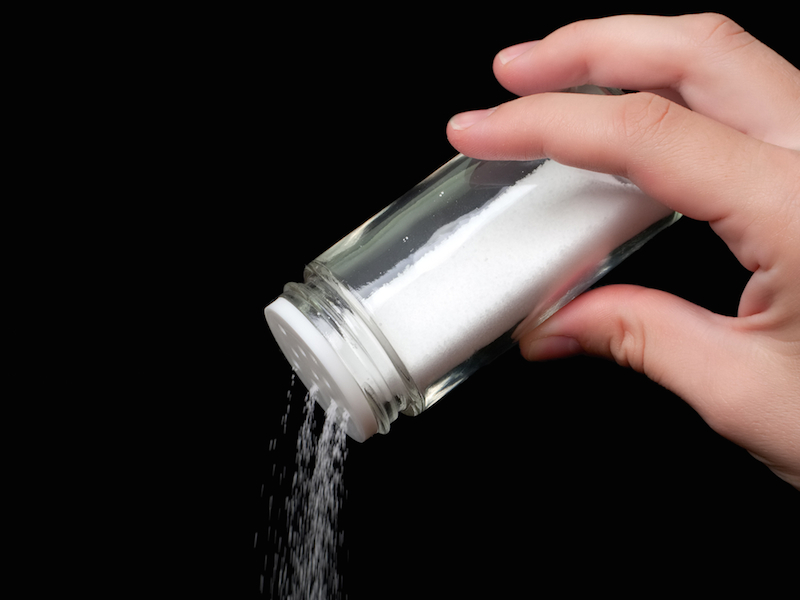
"Current salt-loading in Western populations has the potential to drastically affect reproductive health, and warrants further attention," says lead author Dori Pitynski of the University of Wyoming in the US.
Late puberty can lead to behavioural problems, increased stress and reduced fertility, according to the study.
Working with rats, the research team fed a test group a high salt diet of three to four times the recommended daily allowance for humans, resulting in significant delays in puberty.
While much attention has been given to the relationship between dietary fats and the timing of puberty, this study could mark one of the first assessments of the role of salt in the matter.
"Our work shows that high levels of fat and salt have opposite effects [for] reproductive health," says Pitynski. "High fat diet is thought to accelerate the onset of puberty but our work demonstrates that rats fed a high salt diet even with a high fat diet will still show a delay in puberty onset."
Ousting salt is not the solution, according to the researchers, who say some salt could actually be necessary to ignite the process of puberty, for rats deprived of salt entirely in the experiment also experienced delayed puberty.
Yet salt, they conclude, has a more significant effect on reproductive health than fat.
According to a recent study, reducing salt intake to meet guidelines from the World Health Organization (WHO) could be nearly impossible.
The WHO recommends consuming less than 2,000 milligrams of salt per day, an amount roughly equal to less than a teaspoon.
"The chances that a majority of a population would achieve these goals is near zero," says Dr Adam Drewnowski of the University of Washington.
"The data confirm that we eat too much sodium… but they also suggest that the numbers being proposed by WHO and other health agencies are completely unfeasible."
According to Dr Drewnowski, not even consumer education is enough to reverse global food patterns such as increasing salt intake – they are just too powerful, and the WHO would do better to take it into account when setting guidelines.
To make a difference, processed foods – the bearers of most of the sodium in the US diet – would have to be reformulated, according to that study, published in the British Medical Journal
Yet different strategies would apply to other countries and the bottom line according to Dr Drewnowski is that global dietary guidelines need to set targets that are not only attainable but also affordable in developing countries.
Pityniski's study, which could have implications for the reproductive health of future generations, was presented at the European Congress of Endocrinology in Dublin, Ireland.
